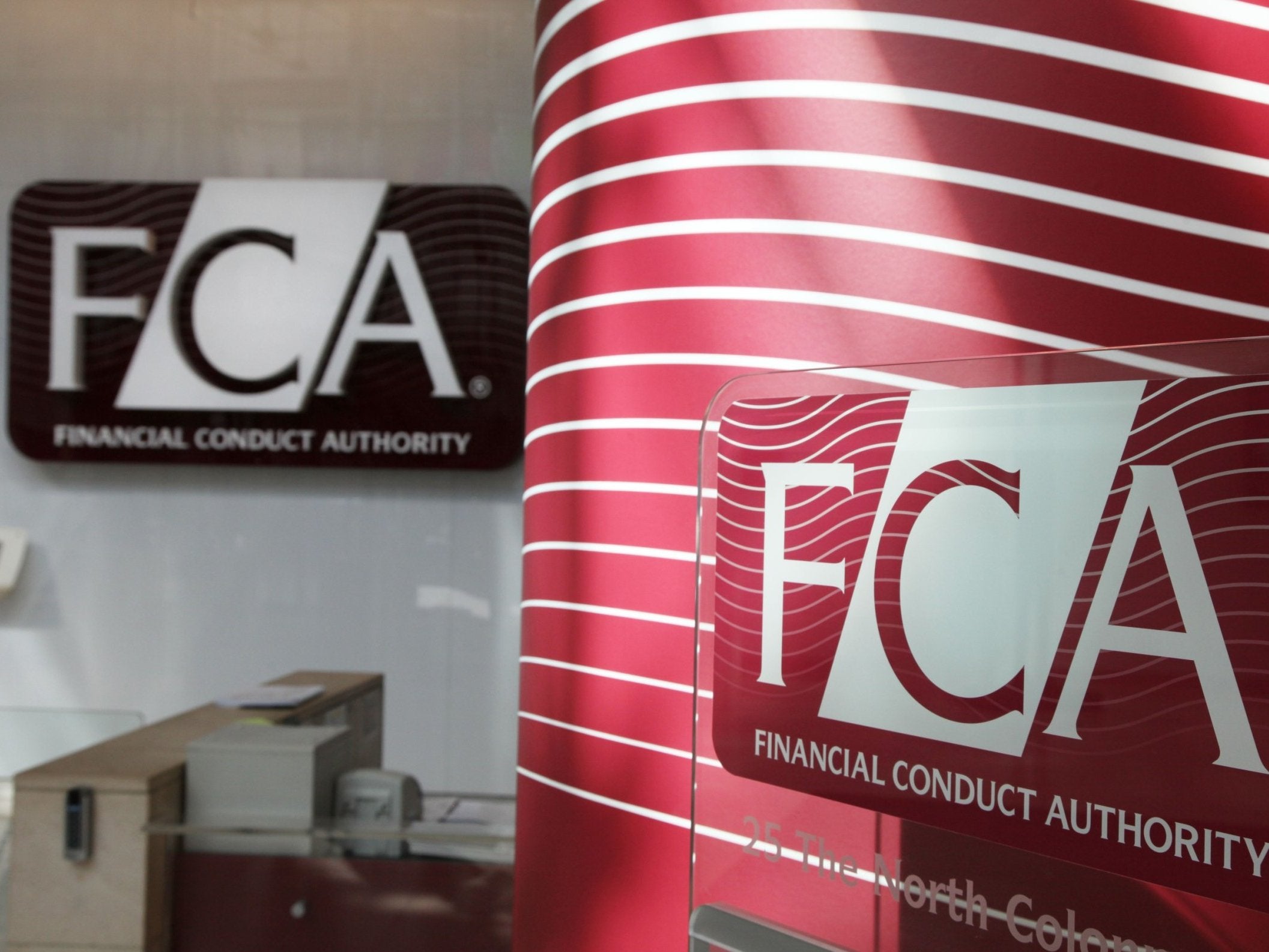How Britain’s banks are belatedly being forced to play fair
The Financial Conduct Authority has been intervening to fix things that have for years been problems – it needs to keep up the momentum, says James Moore


Overdrafts and savings accounts are two different sides of the banking coin but they’re both connected by the words “rip off”.
Financial campaigners spent years jumping up and down about them and they were regularly featured by the personal finance media.
Britain’s financial watchdogs have finally taken note.
The latest intervention occurred last week when the Financial Conduct Authority (FCA) told banks it was minded to end their favoured practice of having a bewildering array of 80 or 90 different easy access savings accounts with 80 or 90 different rotten rates.
You know how this happens. The bank tempts you in with a fancy teaser before progressively lowering what you’re paid after an introductory period. You end up at 0.1 per cent. Or 0.2 per cent. Or maybe 0.193 per cent.
Letters arrive informing you of the new rate but they inevitably get dumped on the to-do pile before being added to the recycling. Happy days for grossly over paid CEOs because that’s as much as £380m of extra cash (according to the FCA’s calculation) in their coffers.
The watchdog is hoping that forcing banks to offer a single (probably still not especially good) rate will improve things a bit. They will still be able to dangler teasers in front of new customers but after that it will be very clear what they’re getting. Not much. Maybe they then switch. We’ll see.
The proposals are out for consultation, but you can count on change coming.
So what took the watchdog so long?
There was previously a marked reluctance to directly intervene in markets like this.
Things started to change with the imposition of a price cap on payday lenders in the wake of the explosion of the market and the explosion of scandal and consumer misery that followed.
Having got its feet wet, the watchdog dove in a second time with the rent to own sector.
All such interventions carry risk, and risk is something regulators of all stripes are usually keen to avoid. It’s welcome that the FCA seems minded to accept that.
In the case of the most recent pair (overdrafts and savings accounts), the claimed danger is that the watchdog could end up robbing Peter to pay Paul.
In the case of overdrafts, it capped the charges that could be imposed upon people who find themselves with what used to be known as an “unauthorised” overdrafts. Cue lots of warning letters, penalty charges, super high interest rates, pain, pain and more pain.
The banks and their friends liked to argue that there was no reason to pay. Customers just needed to get in touch with their banks and fix up a deal. Through the FCA depriving them of an estimated £700m in fees charged to those going into unauthorised overdraft, good borrowers would get penalised. They’d have to pay more so banks could claw back the lost revenues.
Wrong. The figures showed that a relatively small group of people, mostly on low incomes, were getting so badly hosed something needed to be done.
We’ve seen a variation on this theme in the case of the savings intervention. This, we are told, potentially penalises people who actively manage their money and are willing to switch (good) at the expense of those who just sit where they are. Bad.
But wait a minute. Many of those in the second group(s) are financially unsophisticated. Perhaps they’re elderly. Perhaps they’re also on relatively low incomes. Perhaps they’re just too damn busy with life to go through the vexatious switching process when the best buy tables are published at the weekend.
While I think the FCA may need to go further and set a minimum rate, this intervention means they’ll at lest be able to see where they stand.
The FCA would tell you this move, and the overdraft one, and the payday and rent-to-own ones before them, are about protecting consumers from “harm”. There’s a big fuss made about that in its windy mission statement. The consumer part of that takes up 44 pages. Someone spent a lot of time working on it instead of protecting consumers from harm but there you go.
Actually it’s as much about prioritising fairness over notional “free” markets which never seem to work in the consumer’s favour. And banks don’t have to penalise “good” customers if they don’t want to. They could do something revolutionary and actually play fair themselves.
As for the FCA, there are plenty of other areas begging for similar action. I can think of active fund managers whose charges are too high and credit card companies (ditto) just for starters.
Join our commenting forum
Join thought-provoking conversations, follow other Independent readers and see their replies
Comments